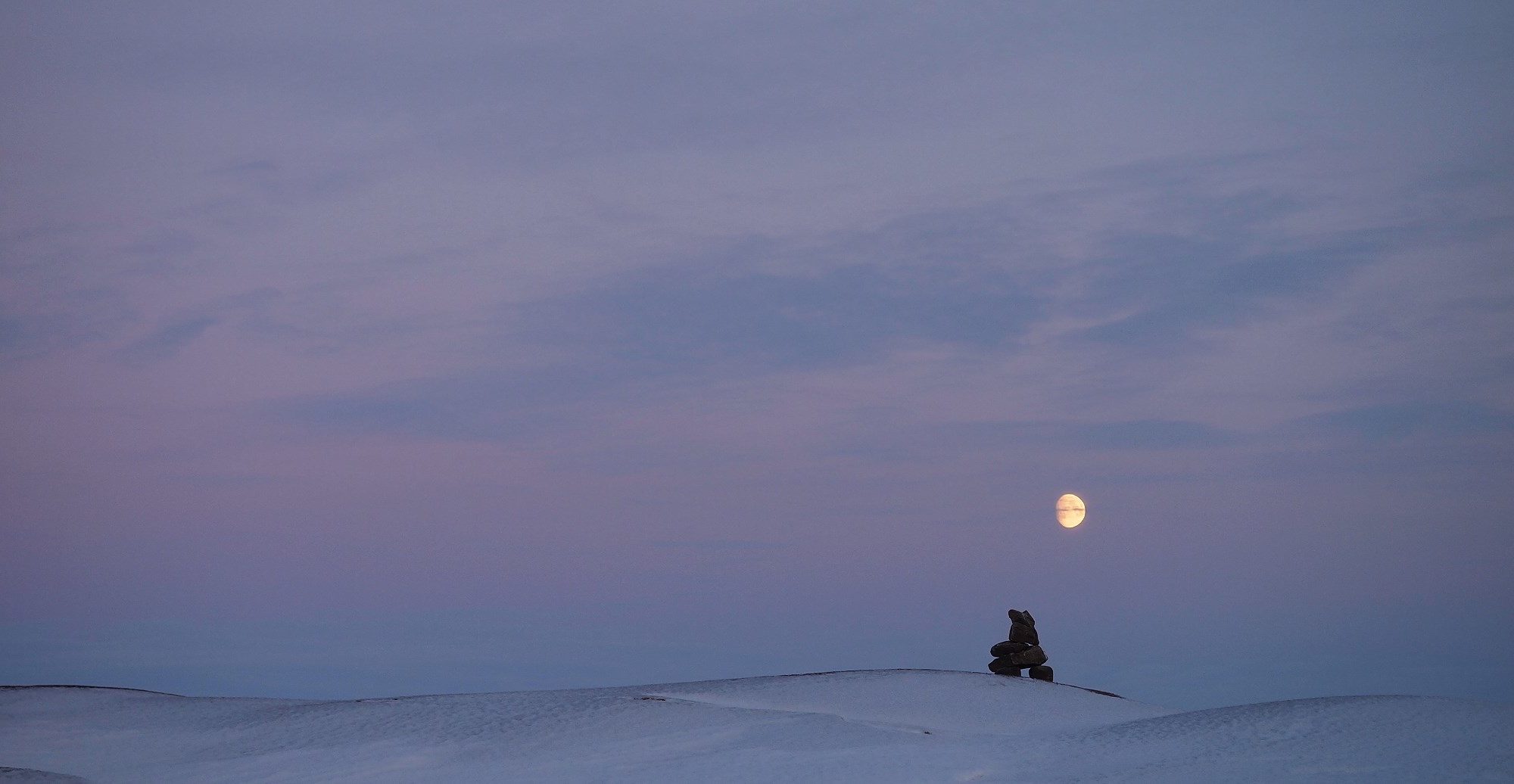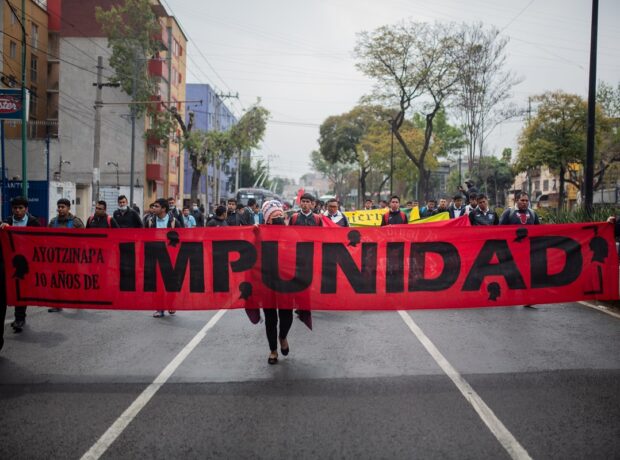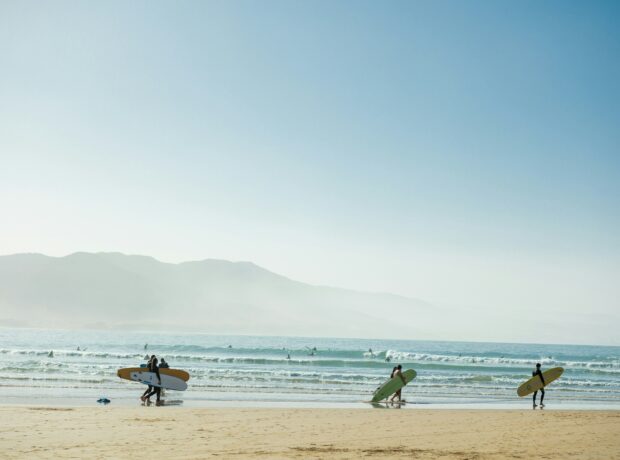“Indigenous people do trust the dreaming. And I think a great mistake often made is to dichotomise the rational and the non rational. In fact the real human achievement is to combine the two, so you bring all your knowledge to bear in your dream.”
In the first of a new series interviewing environmental thinkers, I speak with Hugh Brody, the anthropologist, writer, academic and filmmaker. Since he first visited the Arctic, more than 45 years ago, much of his work has focused on the Far North. He speaks several indigenous languages, has lived there for many years, and has lent his expertise in several land rights cases, both in Canada and with the Bushmen of Namibia.
Much of Hugh Brody’s work hinges on a distinction he makes between hunter-gatherers and settled people, the farmers and city dwellers, in which he sees two very distinct and different ways of being in the world. Having lived in the Arctic for many years, and having spent many weeks at a time on journeys out on the ice, he is well placed to act as a conduit between the hunter-gatherer world and our own.
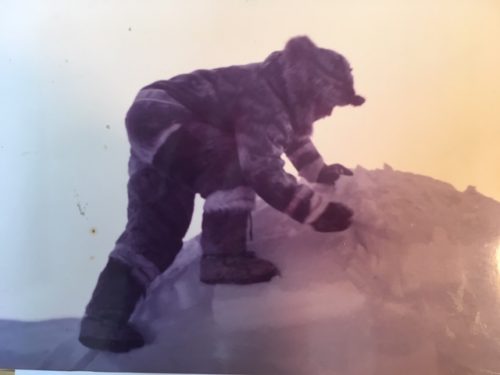
Unpicking some core values at the centre of who we are – how we think about land, about language, about gods, about family, about community – he shows how what we believe to be universal truths in fact relate specifically to the farmer’s way of being in the world. The farmer’s way is one that seeks to change the land they live on, and expand into new territories. But there is another way of thinking. Hunter-gatherers see the land where they already live as as their only possible home, their paradise, and consider their objective as one of maintaining that land, not changing it. There is much we can learn from that way of thought, says Brody, and from a way of life that over the past few decades has been eradicated at an ever increasing rate. The last strongholds of the hunter-gather are, to our minds, some of the most inhospitable places on the planet. Brody has made much of his life in these places, and the insights he has brought back from them are essential.
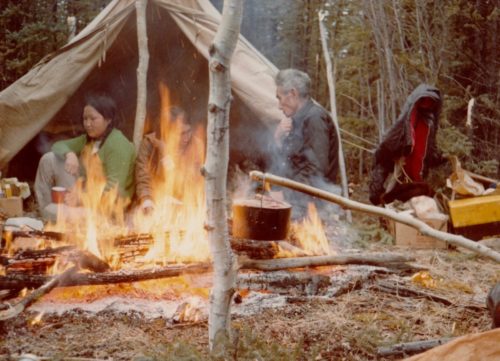
Listen and subscribe to Spoken Earth here.
Main image by Fiona Paton.
